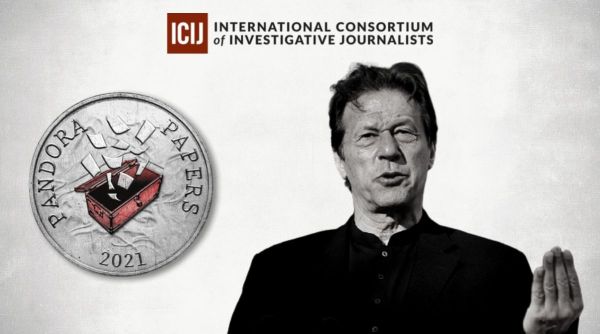
[ad_1]
Here is a round-up of the top developments around the world today.
1. Facebook ‘operating in the shadows’ says whistleblower as US lawmakers demand probes
US lawmakers pounded Facebook on Tuesday, accusing CEO Mark Zuckerberg of pushing for higher profits while being cavalier about user safety, and they demanded regulators investigate whistleblower accusations that the social media company harms children’s mental health and stokes divisions. Zuckerberg, hours later in a public Facebook post, defended the company, saying the accusations were at odds with Facebook’s goals.
During a Senate hearing, whistleblower Frances Haugen called for transparency about how Facebook entices users to keep scrolling, creating ample opportunity for advertisers to reach them. “As long as Facebook is operating in the shadows, hiding its research from public scrutiny, it is unaccountable,” said Haugen, a former product manager on Facebook’s civic misinformation team. She left the nearly $1 trillion company with tens of thousands of confidential documents. “The company’s leadership knows how to make Facebook and Instagram safer, but won’t make the necessary changes because they have put their astronomical profits before people. Congressional action is needed,” Haugen said.
2. Biden says he and China’s Xi agree to abide by Taiwan agreement
US President Joe Biden said on Tuesday that he has spoken to Chinese President Xi Jinping about Taiwan and they agreed to abide by the Taiwan agreement, as tensions have ratcheted up between Taipei and Beijing. “I’ve spoken with Xi about Taiwan. We agree … we’ll abide by the Taiwan agreement,” he said. “We made it clear that I don’t think he should be doing anything other than abiding by the agreement.”
Biden appeared to be referring to Washington’s long-standing “one-China policy” under which it officially recognises Beijing rather than Taipei, and the Taiwan Relations Act, which makes clear that the US decision to establish diplomatic ties with Beijing instead of Taiwan rests upon the expectation that the future of Taiwan will be determined by peaceful means. The comments to reporters at the White House come amid escalations in the Taiwan-China relationship.
3. Taliban meet with UK, Iran delegations amid economic woes
Afghanistan’s Taliban leaders met Tuesday with UK officials for the first time since taking power, a move the group hopes will pave the way for the country to refill cash-starved coffers as it teeters on the brink of economic collapse.
The Taliban’s meeting with British diplomats in the capital Kabul came a day after they met with an Iranian delegation to discuss trade relations, a key driver of Afghanistan’s economy. The meeting marked Britain’s first diplomatic visit to the country since the Taliban seized Kabul on August 15, and took control of Afghanistan following the US exit.
4. Pandora Papers: How will the revelations impact Pakistan’s politics?
Several people surrounding Pakistani Prime Minister Imran Khan, including ministers and family members, have been named in the Pandora Papers leaks. The papers, which were shared by the International Consortium of Investigative Journalists (ICIJ), reveal that many of the country’s powerful military generals, businessmen and media owners have transferred millions of dollars through offshore companies.
 Key members of Imran Khan’s inner circle have been named in the Pandora Papers expose.
Key members of Imran Khan’s inner circle have been named in the Pandora Papers expose.
More than 700 prominent Pakistanis were named in the investigation, released on Sunday. Khan himself, however, was not named in the papers. The prime minister came to power in 2018 after promising to end rampant corruption, and had earlier launched a relentless election campaign based on anti-corruption rhetoric.
5. Australia won’t welcome foreign tourists until at least 2022
Foreign tourists won’t be welcomed back to Australia until at least next year, the prime minister said Tuesday as he outlined plans for lifting some of the toughest and longest Covid-19 travel restrictions imposed by any democracy.
The country will instead prioritize the return of skilled migrants and students after it hits Prime Minister Scott Morrison’s benchmark for reopening its external borders: the full vaccination of 80% of the population aged 16 and older. It is expected to reach that point Tuesday.
[ad_2]
Source link